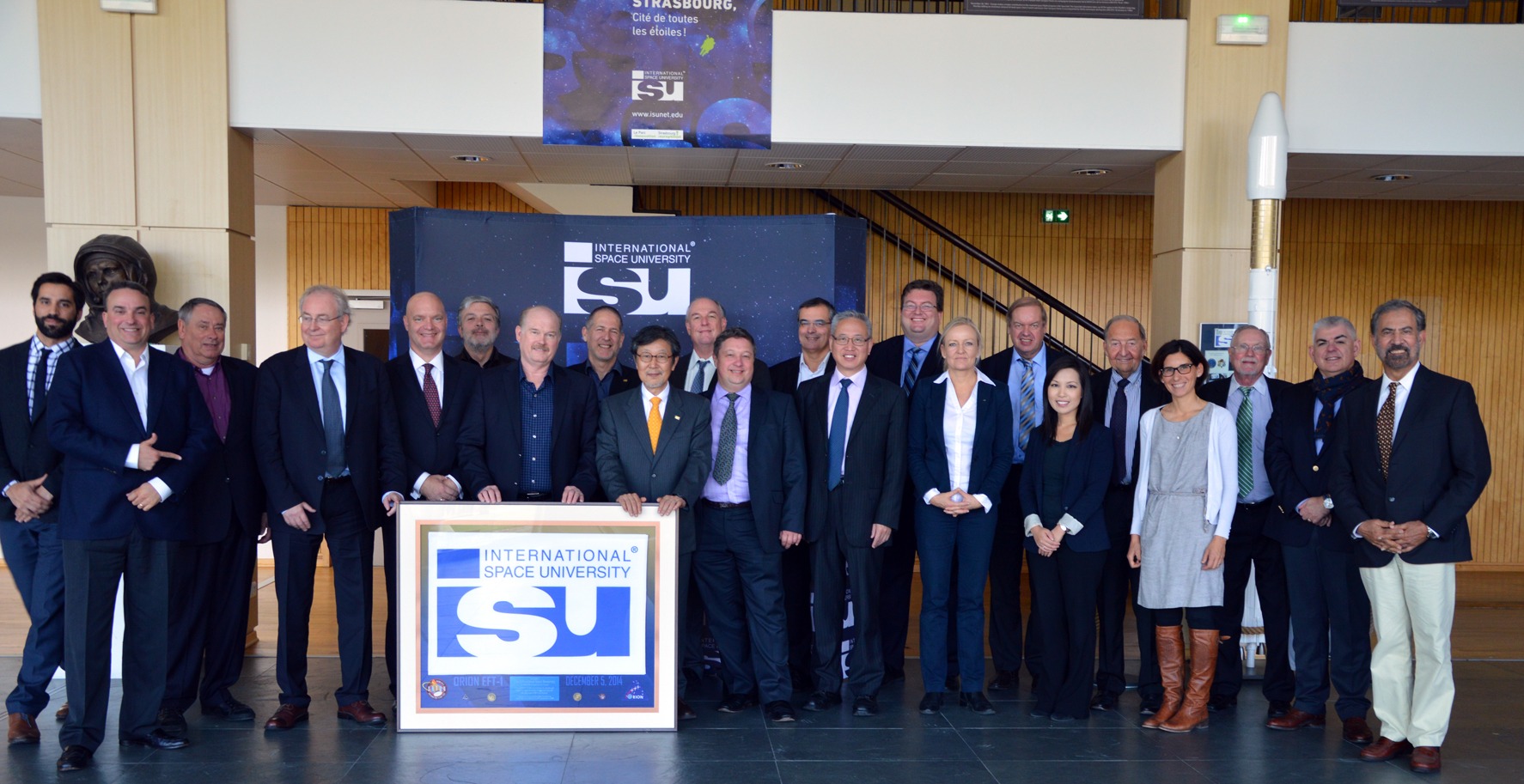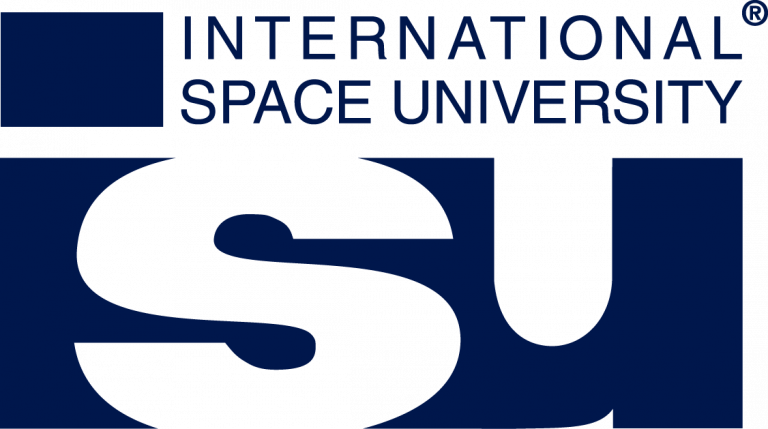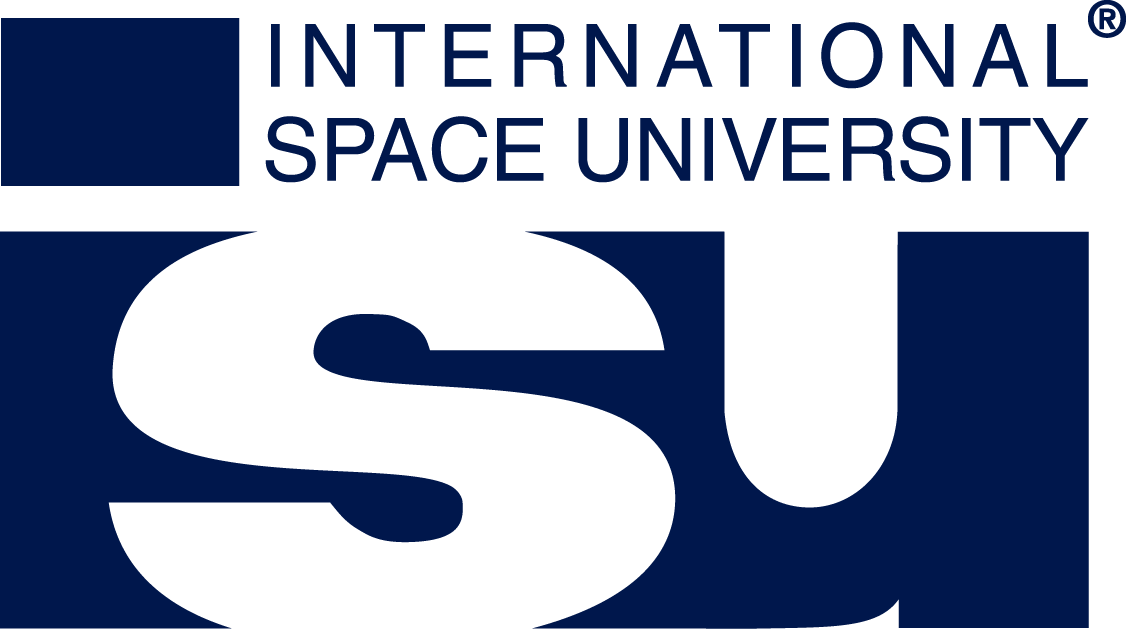Governance
The International Space University is a private non-profit institution governed by a General Assembly of Governing Members, a Board of Trustees and a President with an executive staff.
These decision-making bodies rely on advice and guidance provided by the Chancellor and by several advisory entities such as the Board of Advisors, the Academic Council and the Committee on Academic Appointment, Review and Evaluation.
Board of Trustees
The Board of Trustees is elected by the Governing Membership of the International Space University. The Board of Trustees determines ISU’s overall objectives and oversees the University’s affairs.
Dr. Christian Sallaberger, Chairman
Institutional Members:
- ASI – Italian Space Agency (Gabriella Arrigo)
- CASC – China Aerospace Science and Technology Corporation (Xiangming Fang)
- CNES – Centre National d’Etudes Spatiales (Alexia Lacaze)
- DLR – German Aerospace Center
- ESA – European Space Agency (Hugo Maree)
- Israel Space Agency (Ofer Lapid)
- JAXA – Japan Aerospace Exploration Agency (Sudo Katsuya)
- NASA – National Aeronautics and Space Administration (Tom Cremins)
- UK Space Agency (Anu Ojha, OBE)
- Alumni Representative (Joan Chesoni)
Corporate Members:
- Airbus Defence and Space (Silvio Sandrone)
- Boeing (Noelle Zietsman)
- Canadensys Aerospace (Christian Sallaberger)
- Lockheed Martin
- Manx Precision Optics Ltd. (Helmut Kessler)
- Odyssey Space Research (Brian Rishikof)
- SES (Violetta Kuvaeva)
- The Aerospace Corporation (Audrey Allison)
Individual Members:
- Michael Davis
- Art Dula
- Ramin Khadem
- Siamak Khorram
- Robert Richards (Founder)
- Pete Worden
- Michael Simpson
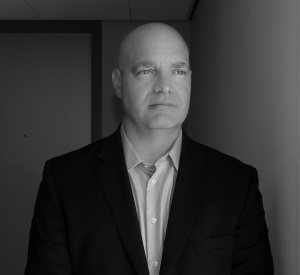
“The International Space University is a very unique institution. It educates high potential individuals in all areas of the space field, including technical, scientific, business, legal, policy and sociological aspects, and ISU’s graduates go on to become the future space leaders in the global academic community, the senior managers in space agencies, the captains of space industry. However, ISU is so much more than that. It is the neutral ground that brings together representatives from historical as well as emerging space powers from around the globe and gives them a common vision and understanding to allow the planning and implementation of the exploration and development of space for the benefit of all humanity. It has been doing this for over three decades and continues to do it today. ISU is truly a force for good in the world. Whether you are considering enrolling in ISU, or you are an ISU student or alumnus, a faculty or staff member, or perhaps a member of the global space community who supports ISU or its goals, I thank you for your interest and dedication. We welcome and appreciate your membership in the ISU family!”
Dr. Christian Sallaberger, SSP88, Canada
Chairman of the Board, International Space University
Board of Advisors
The Board of Advisors is chaired by the Chancellor and is composed of individuals who have achieved a high level of recognition worldwide in the space sector. It is the duty and responsibility of the Board of Advisors to advise and consult with the Board of Trustees, officers and administration, and faculty on such matters as they may seek such guidance and counsel.
Dr. Valanathan Munsami, Chancellor and Chair of the Board of Advisors
Mr. George W. S. Abbey, Rice University
Dr. Peter H. Diamandis, ISU Co-Founder, X-Prize
Prof. Dr. Hansjörg Dittus, University of Bremen
Mr. Jay Honeycutt, Lockheed Martin (ret.)
Mr. Yasuo Ishii, JAXA
Mr. Joerg Kreisel, JKIC
Dr. Claire Nelson, Institute of Caribbean Studies
Prof. Johannes Ortner
Mr. Michael Potter, Paradigm Ventures
Mr. Allon Raiz, Raizcorp
Dr. Minoo Rathnasabapathy, Massachusetts Institute of Technology
Mr. Christopher Stott, ManSat
Mr. Eric Tilenius, Tilenius Ventures
Ms. Barbara Wood
Mr. Georgio Saccoccia
Chancellor
The Chancellor is an honorary representative with an ambassadorship role to promote the University and to provide guidance, advice and to participate in academic programs.
Following the steps of Arthur C. Clarke, Jean-Jacques Dordain, Edwin “Buzz” Aldrin, and Prof. Pascale Ehrenfreund, Dr. Valanathan Munsami has been appointed ISU Chancellor.
Dr. Munsami is a space physicist and holds a PhD in Physics, and a Masters Degree in Business Leadership. He is an alumni of the ISU, where he completed a Space Program Diploma (SSP2009). His passion lies in the drafting of various frameworks and roadmaps that help establish emerging space projects and institutions. He helped develop South Africa’s National Space Strategy and Policy and oversaw the establishment of the South African National Space Agency (SANSA). In 2012, he became the Chief Specialist for Astronomy and African Space Science, where he led the drafting of South Africa’s Multi-Wavelength Astronomy Strategy and the Square Kilometre Array (SKA) Readiness Strategy for Africa. He also chaired the African Union Space Working Group that developed the African Space Policy and the African Space Strategy. As of January 2017, he was appointed the Chief Executive Officer (CEO) of SANSA, a post he held until the end of February 2022. He is the co-founder of the African Space Policy Institute (ASPI).
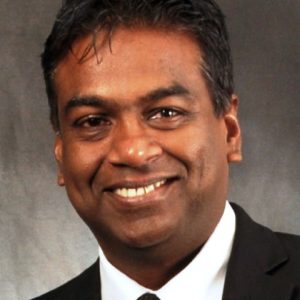
“In 2009, I attended the ISU Space Studies Programme (SSP), hosted by NASA Ames. It was an incredible multidisciplinary, multinational experience and I can affirm that the ISU stands in a league of its own. The SSP has exposed me to the various space domains and helped build my confidence as a space professional. With this experience, I attest to the immense value the various ISU Courses and Programmes have in shaping the next generation of space professionals. I therefore encourage aspiring space professionals to immerse yourselves in any of the ISU training streams, as it promises to be an amazing, eye-opening, and life-changing experience. I look forward to engaging and networking with the next generation of space professionals as we advance space education in a fast changing world. Together with the ISU, let’s strive for good governance, equity, and a better world for all.”
Dr. Valanathan Munsami, SSP09, South Africa,
ISU Chancellor
Academic Council
The ISU Academic Council is responsible for ensuring the academic quality of the teaching and research activities of ISU. The Council has created a set of policies and standards for the faculty within the overall guidelines established by the Board of Trustees and in cooperation with the President of the University.
Lucy Stojak (Canada), Chair of the Academic Council, HEC Montréal
Tanja Masson-Zwaan (Netherlands), Vice-Chair of the Academic Council, IIASL Leiden University
Jacob Cohen (USA), NASA Ames Research Center, USA
Daniel Garcia Yarnoz (Spain), European Union Agency for the Space Programme (EUSPA)
Natalia Larrea Brito (Spain), Euroconsult, USA
Scott Ritter (Germany), German Aerospace Center (DLR), Germany
François Spiero (France), French Prime Minister’s Office
Olga Zhdanovich (Netherlands), AKKODIS, Netherlands
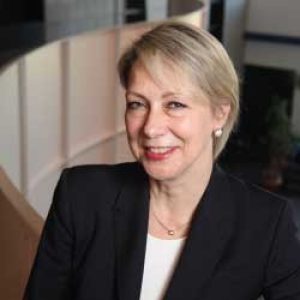
“It is an honour to serve as Chair of the ISU Academic Council. Having been involved with ISU since its founding, I have had the privilege of witnessing its remarkable growth and transformation firsthand. I am deeply committed to supporting our faculty, students, and alumni as we continue to elevate ISU’s reputation as a global leader in space education.
The Academic Council plays a pivotal role in shaping ISU’s academic direction and strategy. As Chair, I am dedicated to ensuring that the Council provides impactful, forward-thinking guidance to the President and the Board of Trustees on a wide range of academic matters. At a time when space activities play an increasingly vital role in addressing global challenges such as environmental sustainability, inclusivity, and connectivity, it is more important than ever to prioritize space education and space awareness. The Academic Council will work collaboratively to support ISU in developing and delivering high-quality space education programs. By drawing on our collective experience and expertise, we will ensure that ISU’s programs remain aligned with the evolving needs of industry, governments, research institutions, and, most importantly, society.”
dr. Lucy Stojak, cANADA,
Chair of the Academic Council, International Space University
